
Atheism is rather popular in the modern world. During most of history, however, it has not been. People always liked to believe in something, some kind of deity. Yet, many philosophers throughout history actually challenged the idea of God.
These philosophers believed that understanding the world didn’t require faith in any kind of higher power. Some saw religion as unnecessary, others as harmful, and a few simply thought it was very irrelevant.
So, let’s dive into the lives and ideas of these bold philosophers who challenged religious beliefs and left a lasting impact on how we think about life, morality, and truth.
David Hume
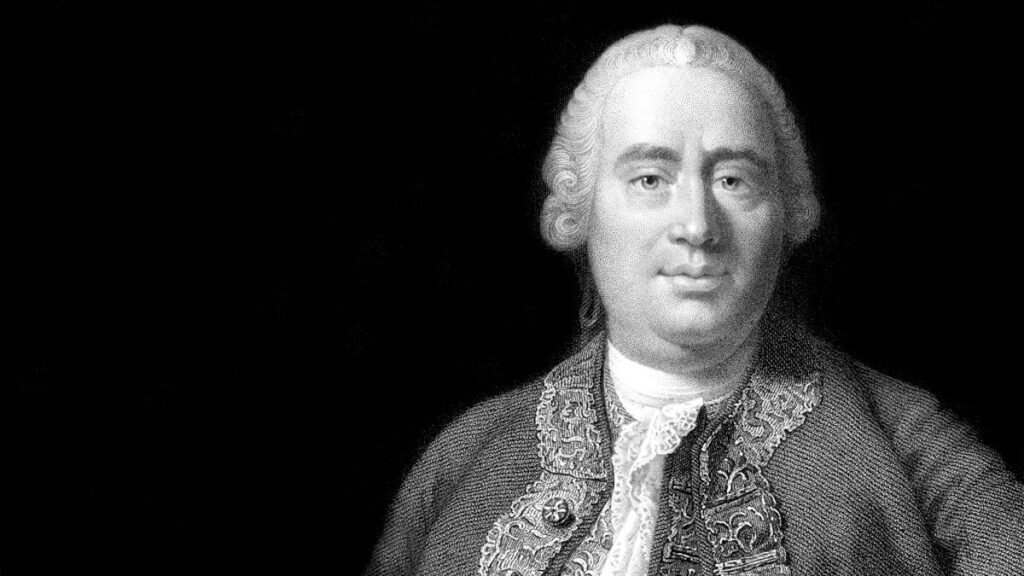
David Hume, a Scottish philosopher from the 1700s, was famous for asking very tough questions. He was curious about how people justified their belief in God. Hume thought religion often relied on miracles—stories of divine events—but he wasn’t convinced these stories were real.
He asked, “Why do miracles always seem to happen far away or long ago?”
Sidenote: And when you really think about it, well it does make a lot of sense. Can you reflect on any modern deity or big miracle? Why only ancient people have had the privilege to see the Gods or miracles?
Additionally, Hume argued that humans are easily fooled by emotion and superstition. He thought we should rely on reason and evidence instead.
In his writings (Dialogues Concerning Natural Religion), Hume examined common arguments for God’s existence, like the idea that the world is so perfect it must have a designer.
He found these arguments flawed, believing natural causes were enough to explain life.
Interesting fact: Hume was so controversial that he was once denied a job as a professor because people feared his ideas would shake their faith.
Epicurus
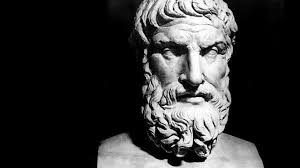
Epicurus lived in Greece over 2,000 years ago. He believed the goal of life was to be happy, and he thought religion often got in the way. Epicurus didn’t say the gods didn’t exist, but he was sure they weren’t interested in humans.
Why worry about punishment from beings who, if they’re real, are too busy being perfect to care about us?
Instead of fearing gods or death, Epicurus focused on living a simple and joyful life. He gathered friends in his garden to talk about philosophy, share meals, and find peace of mind.
He taught that happiness didn’t come from wealth or fame but from avoiding pain, controlling desires, and enjoying the small things in life.
Interesting fact: Epicurus believed death wasn’t scary because we won’t feel anything after we die. He said, “When we are here, death is not. When death is here, we are not.”
Friedrich Nietzsche
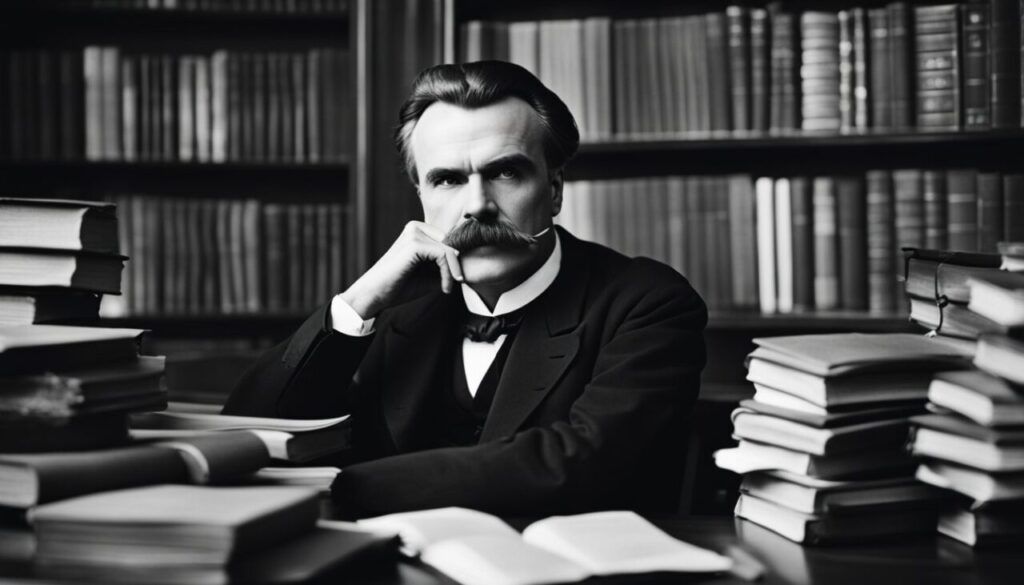
Nietzsche was one of the boldest philosophers of the 19th century. His famous phrase, “God is dead,” wasn’t meant to shock people—though it often did.
Nietzsche believed society was moving away from religion, leaving a big gap in people’s values and purpose. He warned that if we didn’t create new ways of thinking, this loss could lead to chaos.
Sidenote: Well he was perhaps very much right, huh?
Additionally, Nietzsche wanted people to embrace their freedom and take responsibility for their lives.
He rejected the idea that we need a higher power to tell us what’s right or wrong. Instead, he believed we should find our own path, guided by strength, creativity, and self-discipline.
Interesting fact: Despite rejecting Christianity, Nietzsche’s work used religious imagery and language. This mix made his writing rather powerful but also led to misunderstandings of his ideas.
Jean-Paul Sartre
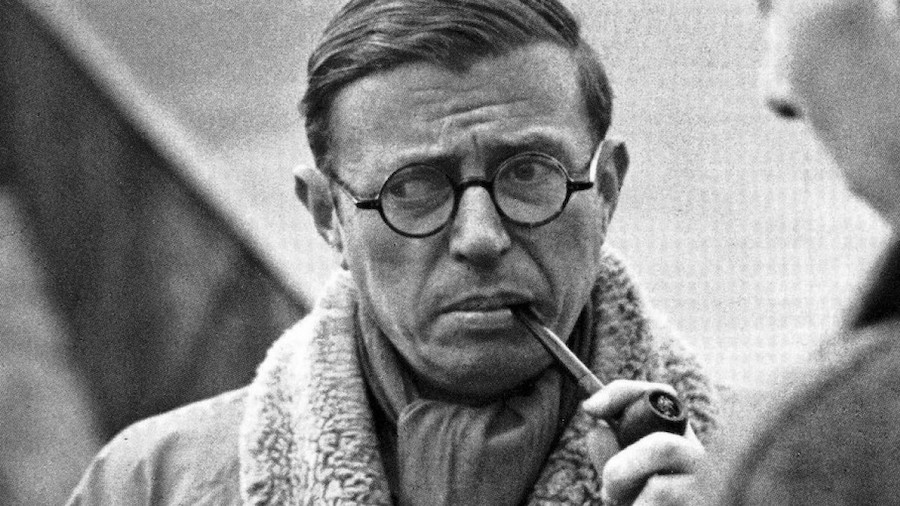
Jean-Paul Sartre was a French philosopher who lived in the 20th century. He believed that life has no built-in meaning or purpose.
For Sartre, this wasn’t something to be sad about—it was an opportunity. Without a God to define right and wrong, humans were free to create their own rules.
Sartre thought this freedom came with responsibility. If there’s no higher power to guide us, then we’re in charge of our own choices.
This idea became a core part of his philosophy, called existentialism. Sartre’s writings (like We Have Only This Life to Live) inspired people to think deeply about what it means to live an authentic life.
Interesting fact: Sartre was offered a Nobel Prize in Literature but refused to accept it. He said awards could interfere with his independence as a thinker.
Bertrand Russell
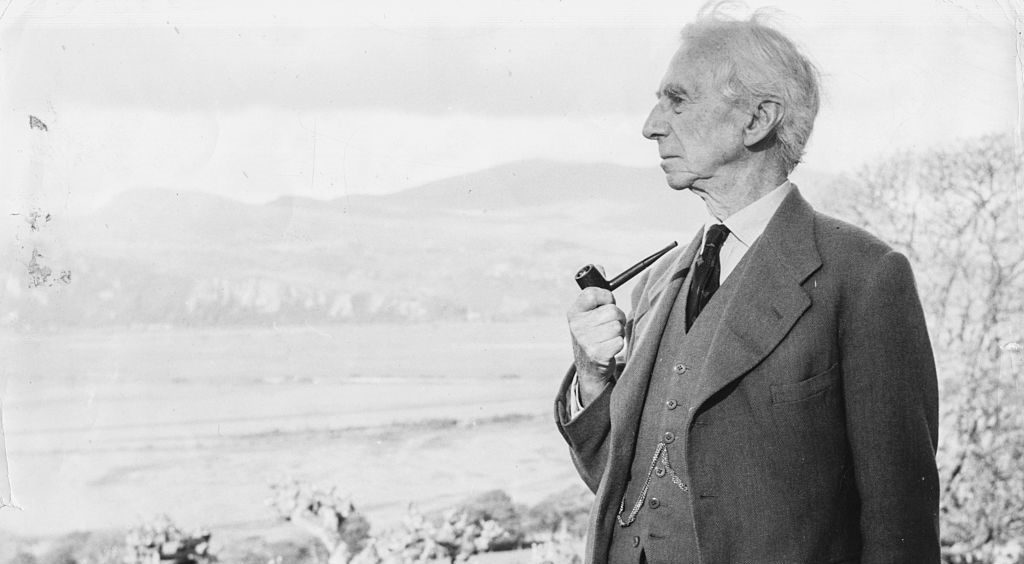
Bertrand Russell, a British philosopher, was raised in a religious household but started doubting his faith as a teenager. He became one of the most famous atheists of the 20th century, using logic and reason to explain why he didn’t believe in God.
In his essay Why I Am Not a Christian, Russell wrote that many people believe in God out of fear—fear of death, the unknown, or punishment.
He thought religion discouraged critical thinking and curiosity about the world. Russell believed science and education were better tools for understanding life.
Interesting fact: Russell loved debating religious figures. He once joked that if he met God after death, he’d ask, “Why didn’t you give us enough evidence?”
Ayn Rand
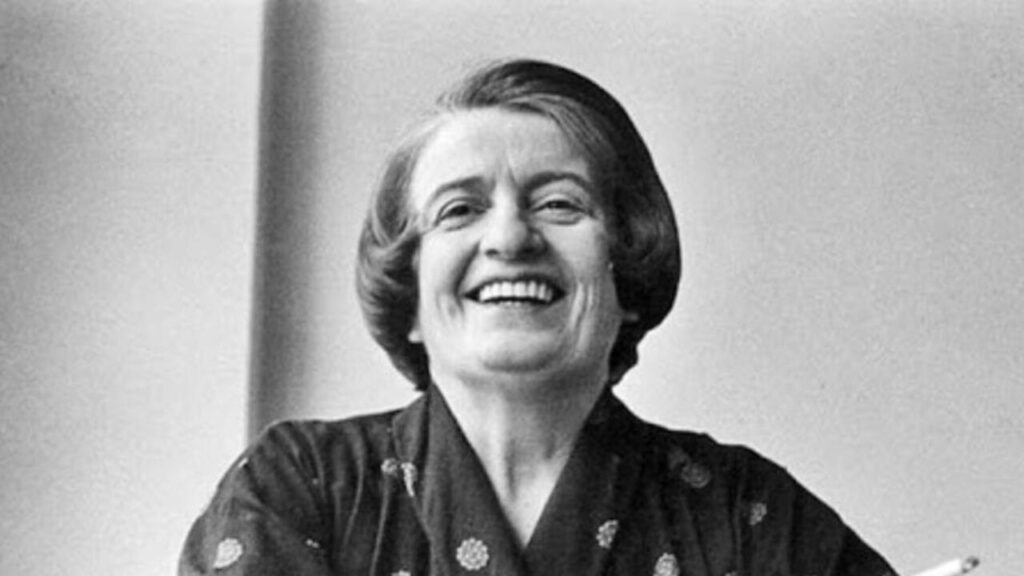
Ayn Rand was born in Russia but moved to America to escape oppression. She rejected religion early in life, believing faith was a barrier to progress.
Rand became famous for her philosophy, Objectivism, which celebrates individualism, reason, and self-reliance.
Rand thought people should live for themselves, not for others or a higher power.
In her novels, Atlas Shrugged and The Fountainhead, her characters reject religious and societal expectations to follow their own dreams.
Rand’s ideas were popular among entrepreneurs and thinkers who admired her focus on big independence.
Interesting fact: Rand’s critics say her philosophy promotes selfishness, but her supporters argue she valued honesty and fairness above blind generosity.
Simone de Beauvoir
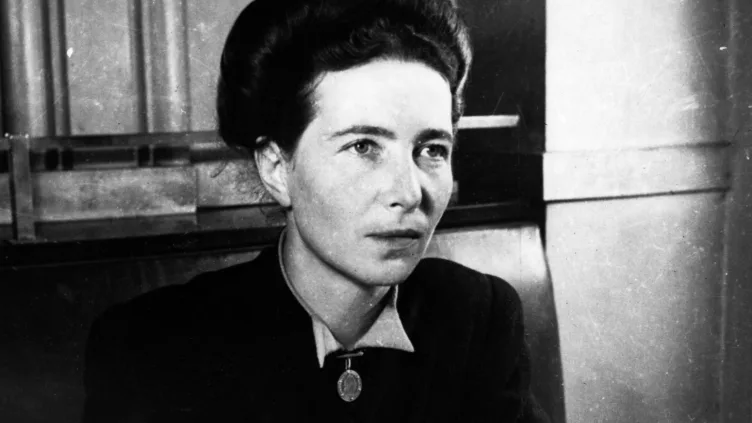
Simone de Beauvoir was a philosopher and feminist who saw religion as a tool for controlling people—especially women.
She argued that religious teachings often reinforced traditional roles, keeping women dependent on men and discouraging them from seeking freedom.
In her groundbreaking book The Second Sex, Beauvoir wrote about how women had been treated throughout history.
She believed true freedom came from rejecting old ideas, including those tied to religion, and creating a fairer society where everyone could thrive.
Interesting fact: De Beauvoir’s book was banned by the Vatican for its strong critique of religious traditions.
Ludwig Feuerbach
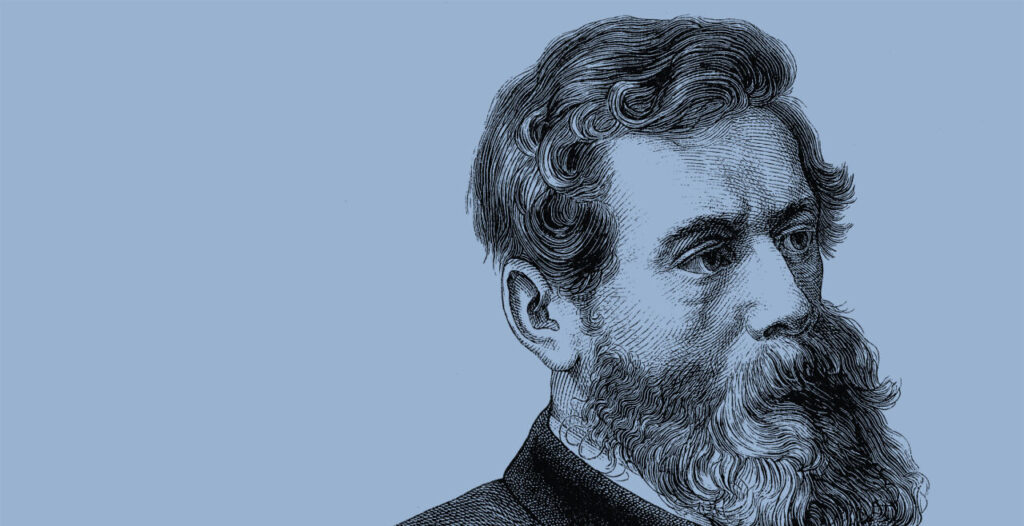
Ludwig Feuerbach had a very interesting and radical idea: God didn’t create humans; humans created God.
He thought religion was a way for people to express their hopes, fears, and dreams. Instead of looking to the heavens, Feuerbach encouraged people to understand themselves better.
His ideas influenced other philosophers, including Karl Marx. Feuerbach believed that by understanding religion as a reflection of human nature, people could move past superstition and focus on improving their lives.
Interesting fact: Feuerbach’s work was (for many) so shocking that he lost his job as a professor and spent much of his life in poverty.
And so… What Can We Learn from These Philosophers?

Atheist philosophers didn’t just reject religion; they explored what life could look like without it.
They questioned everything, from the idea of divine punishment to the meaning of morality.
Some focused on personal freedom, while others sought ways to build better societies.
And if you really think about it, many of their ideas are actually brilliant. If only particles of these ideas were implemented in society, perhaps the world would be a better place.
Nonetheless, in this world, there is a place for religion and atheism. Both can provide guidance on how to lead meaningful lives.
We just need to mix ideas from both worlds to make our world a better place.




























